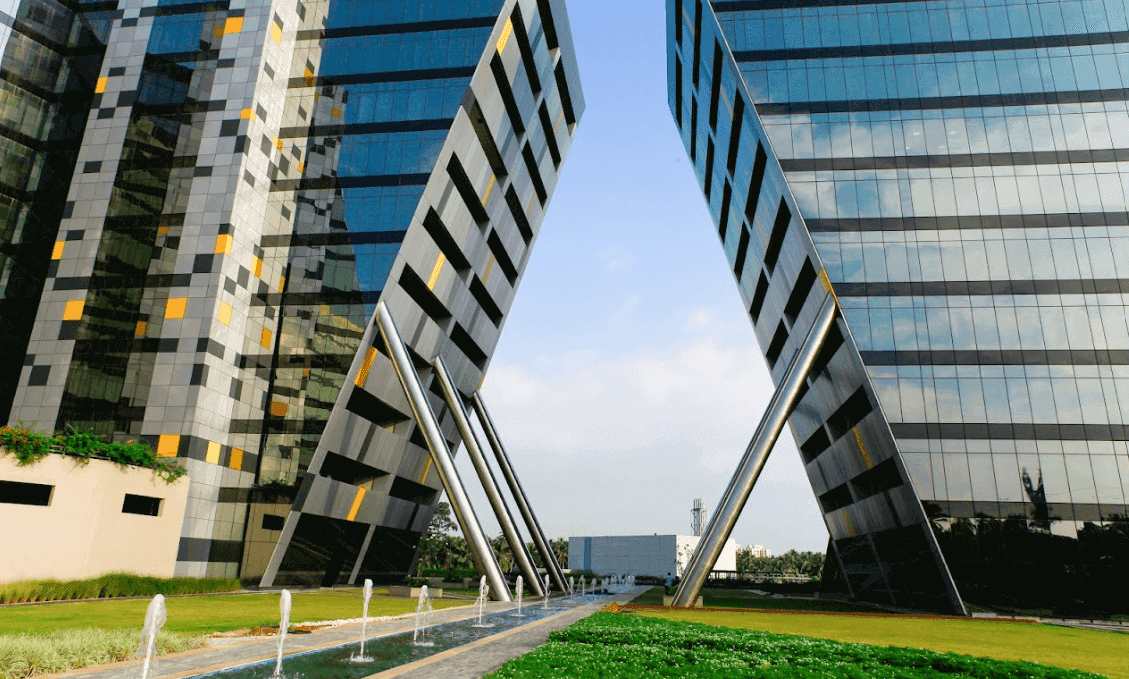

Kodumon Airport and IT Park Development – A Catalyst for Innovation and Technological Advancement
The development of Kodumon Airport presents a unique opportunity to position the region as a global hub for innovation, technology, and economic growth. By integrating an IT park focused on software development alongside the airport’s infrastructure, Kodumon can drive modernization in key sectors like agriculture, tourism, trade, business, and local entrepreneurship. This comprehensive development will not only attract global investments but will also empower local industries with cutting-edge technologies and smart solutions to meet global standards.
The following sections outline the specific areas in which Kodumon Airport and its adjacent IT park will foster technological advancements and innovation across various sectors.
Agricultural Innovations
Precision Farming and Smart Agriculture: With the growing demand for agricultural exports, particularly facilitated by Kodumon Airport, the adoption of precision farming will become essential. This involves the use of data analytics, IoT sensors, and drones to monitor and manage farm operations more effectively, optimizing yields and reducing costs.
Sensors and IoT Devices: Farmers will deploy IoT sensors to monitor soil moisture, temperature, and crop health in real-time. This data will help in precise irrigation management, pest control, and optimizing fertilizer use.
Automated Equipment: Robotics and automation will be incorporated in planting, harvesting, and packaging, reducing labor costs and improving efficiency.
Cold Chain Technology: With the increase in agricultural exports, cold storage technologies will be vital to maintaining the freshness of produce during transport. The airport’s logistics infrastructure will support advanced refrigeration and tracking systems, ensuring that agricultural products meet international market standards.
Tourism and Hospitality Innovation
Smart Tourism Technologies: As Kodumon Airport becomes a primary gateway for international tourists, smart tourism technologies will elevate the visitor experience. The integration of digital platforms and AI-driven systems will create a seamless and personalized travel journey.
Digital Check-In Systems: The airport will incorporate self-check-in kiosks and biometric authentication to streamline the check-in process, reducing wait times and improving efficiency.
AI-Powered Recommendations: AI systems will help local businesses offer personalized experiences for tourists. Hotels and tour operators can use AI to suggest customized itineraries, local attractions, and dining options tailored to tourists’ preferences.
Smart Hotels: Smart rooms equipped with voice-activated systems, automated lighting, and personalized entertainment will cater to tech-savvy travelers, enhancing comfort and convenience.
Trade and E-Commerce Innovation
Logistics and Supply Chain Automation: Kodumon Airport’s strategic location as an international hub will drive advancements in logistics, e-commerce, and supply chain automation. By implementing smart solutions, the region will improve operational efficiencies, reduce delivery times, and expand global trade reach.
Robotic Warehouses and Drones: Automated sorting systems and robotic warehousing at the airport will expedite the processing and delivery of goods. Drones can be used to monitor remote agricultural areas or deliver goods locally, improving supply chain efficiency.
Blockchain for Supply Chain Transparency: Blockchain technology will ensure the traceability of goods, especially agricultural exports, from farm to market. This will guarantee quality and authenticity, meeting international standards.
E-Commerce Integration: Kodumon Airport will facilitate faster, more efficient international shipping, enabling local businesses to expand their reach through cloud-based platforms and digital retail systems. This will improve inventory management and global shipping capabilities.
Innovation in Infrastructure and Technology
Sustainable Infrastructure: Kodumon Airport will integrate green infrastructure, making sustainability a cornerstone of its development. From renewable energy sources to energy-efficient buildings, the airport will serve as a model of eco-friendly design.
Smart Airports: IoT sensors will be deployed to monitor energy usage, air quality, and temperature, improving energy efficiency and reducing operational costs.
Electric and Autonomous Vehicles: Electric shuttle systems and autonomous vehicles will provide passengers with efficient, low-emission transportation options to and from the airport, reducing traffic congestion and lowering the airport’s carbon footprint.
Business and Entrepreneurship Innovation
Incubators and Tech Hubs: The IT park will foster a vibrant startup ecosystem and serve as a platform for local businesses and entrepreneurs to innovate. By providing resources like business incubators, mentorship, and access to funding, the IT park will nurture tech-driven startups in sectors such as logistics, e-commerce, and agri-tech.
Tech-Enabled Local Enterprises: SMEs in Kodumon will be able to leverage cloud computing, big data, and digital platforms to improve operational efficiency and expand market reach. The IT park will provide them with affordable access to these technologies, ensuring a competitive edge in the global marketplace.
Public-Private Collaborations: The development of partnerships between the government, private companies, and local educational institutions will encourage research and development (R&D) in emerging technologies, driving local business innovation.
Education and Skill Development
Technology Training Programs: Kodumon’s growth as a technology hub will require a skilled workforce. Collaboration with universities and vocational institutions will offer training programs and boot camps focused on coding, cybersecurity, data science, and hospitality technology.
Internships and Placements: By linking local universities with companies in the IT park, students will gain valuable hands-on experience in software development, AI, and other fields. This will ensure a steady pipeline of skilled professionals.
Entrepreneurship Ecosystem: Start-up accelerators and innovation labs will help young entrepreneurs acquire the skills needed to launch successful tech businesses, contributing to the region’s digital economy.
Healthcare and Bio-Innovation
Health Tech Development: With the growth of international travel and business, health tech innovations will be essential. Telemedicine services, AI-based diagnostics, and remote monitoring will cater to both local residents and tourists, ensuring access to quality healthcare.
Bio-Innovation in Agriculture: Biotechnology companies within the IT park could focus on developing genetically engineered crops, resilient seeds, and bio-fertilizers, improving crop yields and sustainability in agriculture.
The development of Kodumon Airport and its adjacent IT park will serve as a catalyst for technological advancement across multiple sectors, positioning Kodumon as a key player in the global digital economy. By fostering innovation in agriculture, tourism, logistics, and business, the region can attract global investment, drive sustainable development, and create a thriving tech ecosystem. Through public-private partnerships, research collaborations, and a focus on education and skill development, Kodumon can harness the full potential of its technological transformation, ensuring long-term economic growth and development for the region.The integration of software development and technology hubs will drive forward the digital economy, creating jobs, empowering local businesses, and positioning Kodumon as a smart, sustainable, and innovative region on the global map.






